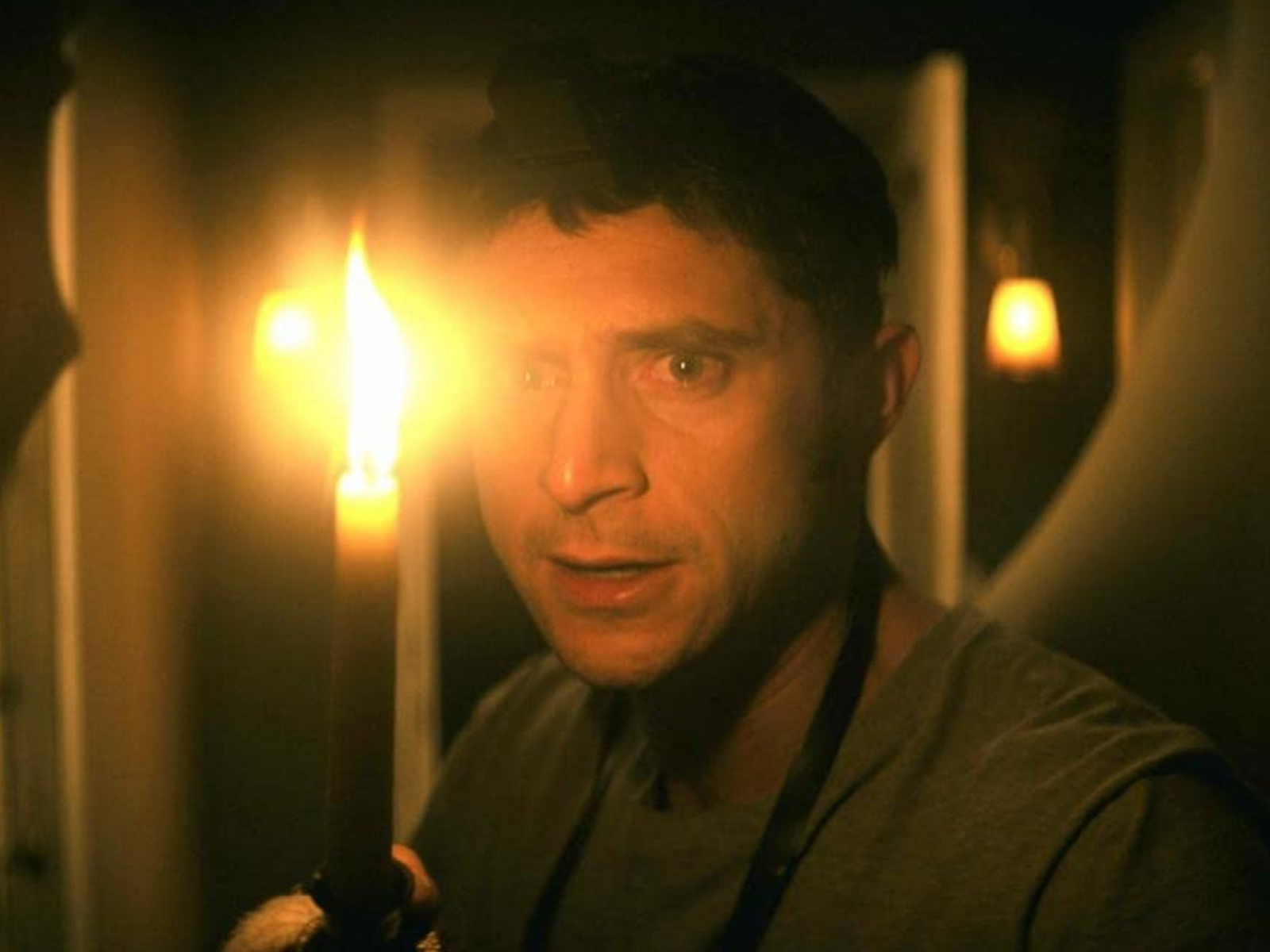
- Golden Globe Awards
The Vigil (USA)
Nearly half a century since The Exorcist won four Golden Globe awards, including Best Director and Best Motion Picture – Drama, and then also went on to became the first horror movie nominated for an Academy Award for Best Picture, the horror genre still has a certain “black sheep” reputation in too many cinema circles. It’s been embraced and explored by undeniable auteurs, from Alfred Hitchcock and Roman Polanski to Stanley Kubrick and Darren Aronofsky, but too many critics have a reductive view of the genre’s narrative trappings, often seeing only literalism rather than, in its most interesting presentations, a way to metaphorically explore both innate human fears as well as various problems and issues informing societal unease.
Leaning reliably if also artfully into the type of genre tropes that help make the category such a steady commercial performer, The Vigil fuses supernatural horror in an intriguing manner with religious subculture. The feature debut of writer-director Keith Thomas, the movie tells the story of Yakov Ronen (Dave Davis), a young man in recovery who finds himself struggling to make ends meet. Needing money for rent, he accepts an offer from his former rabbi to serve as a “shomer,” or guardian, for a recently deceased, reclusive Holocaust survivor. Sitting with the body for five hours overnight along with the man’s Alzheimer’s-stricken wife (Lynn Cohen), Yakov starts to experience increasingly creepy visions and hallucinations that kick up guilt as they interweave with old memories, manifesting in a struggle for the very future of his soul.
While dybbuks, as malevolent spirits are known in the Orthodox Jewish community, have been utilized as big screen antagonists previously in American movies, like David Goyer’s The Unborn and Ole Bornedal’s The Possession, here The Vigil, which unfolds in a mixture of Yiddish and English, puts down deep cultural roots. It anchors itself in small details which give the movie a lingering sense of specificity. Deploying a goosing score from composer Zach Kuperstein alongside camerawork from director of photography Michael Yezerski that emphasizes a full range of his setting’s inky blacks, Thomas conjures a strong sense of place – an apartment full of corners and crevices that can’t be trusted. The atmospheric result conjures plenty of dread, proving that horror can translate to any language.